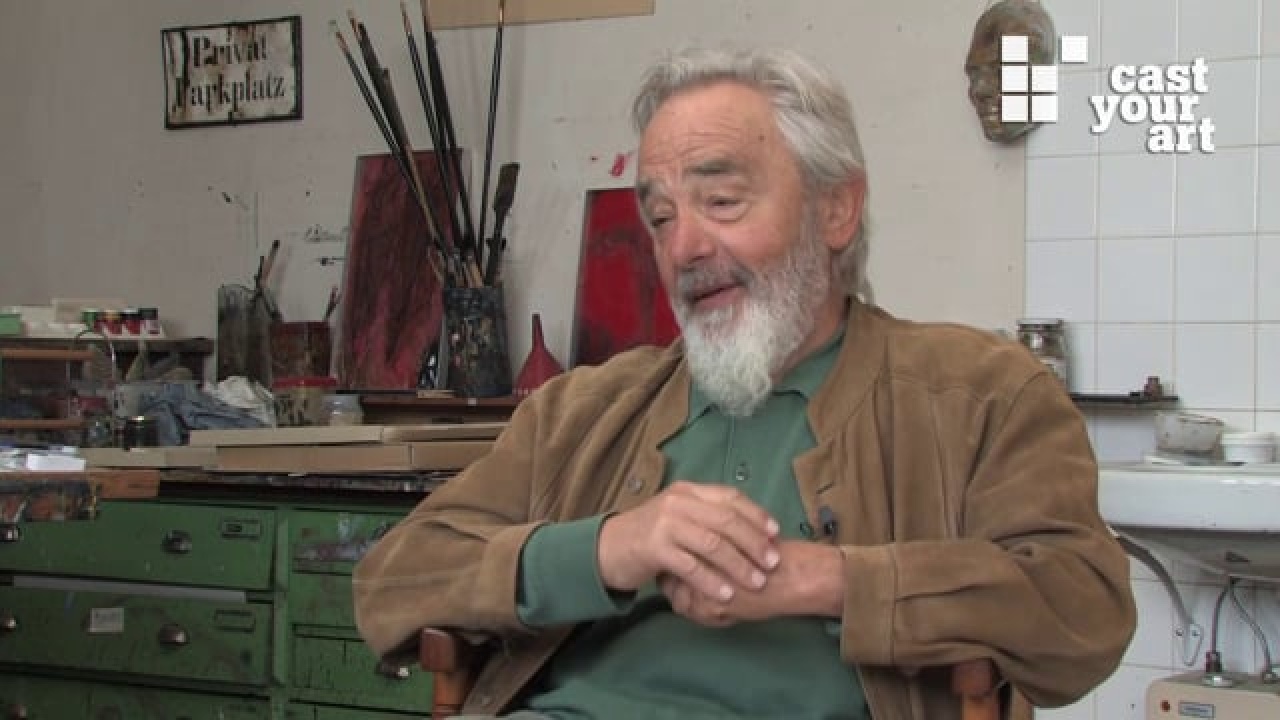Johannes Deutsch - The Invisible Garden
What would a virtual world be like without computers? The artist Johannes Deutsch tries to make the answers to this question tangible through his art project, "The Invisible Garden". Located in the outdoor park area of the Museum Stift Admont, the interactive garden world of the media artist has been growing for two years as part of the museum’s "Made for Admont" series, and offers a feast of feeling, smelling, and hearing experiences to the visitors of the museum.
The idea for the garden developed at a time when the artist was planning an interactive television world for the West German Broadcasting Corporation. Johannes Deutsch approached this project with the structure of a new world and the possibilities of its development in mind. He is fascinated by the question of how we derive our conception of the world on the basis of perception, sense, and knowledge processing, not only within the virtual realm, but also in the realm of our life that we regard as material.
How do we imagine our material world and how much of this conception do we determine through our senses? With which mechanism of terminology do we arrange, organize, and delineate this? Which relations do our sensory perceptions suggest to us? And: How does our reality construct itself, if we forego that sense which determines the structure of our medial world in such a predominating way, i.e., the visual sense? Lights out, senses of hearing, feeling, smelling, and tasting on. This is the way the artist consciously spent the last minutes of the day at the time and how he experienced how quickly the familiar dissipates and the unfamiliar gains intensity.
The invisible garden at the Stift Admont embodies this experience. Blindfolded visitors are guided through the world of the invisible garden. Shifts occur in one’s perception of time, distance, space, and rhythm, and the possibility emerges to create a concept of reality in one’s own words or through the help of the explanations of one’s escort.
The leaves of a gingko tree not only feel like rubber but can also be bent accordingly, the leaf with the pointed tips is probably a maple one, the finger with which one brushed the bark of a bush now carries the taste of bitter almond—these are experiences that open the door into another world. They offer a sensuous immersion—let the de- and re-construction begin. (wh/jn)
Das könnte Sie auch interessieren

THE ALBERTINA VOLUMES OF HISTORICAL PRINTS. A film from the series "Museum in a Nutshell"
21. November 2022
Arnulf Rainer - The Veiling
9. August 2011
EVA SCHLEGEL. SPACES
22. June 2018
MICHAEL SCHMIDT. Photography, Germany - Berlin
22. April 2022
Helmut Grill - Suspension of Belief
14. October 2009
MODIGLIANI. The Primitivist Revolution
9. October 2021
ANDERE RÄUME. collected #7 mit Werken aus der Bank Austria Kunstsammlung
30. December 2017
